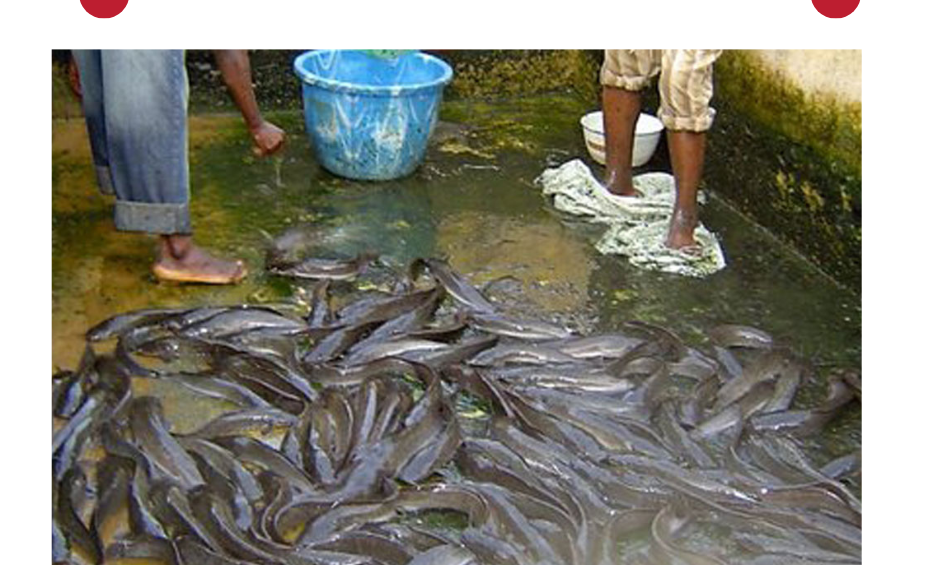Amid Nigeria’s ongoing challenges of extreme poverty, hunger, and economic hardship, the federal government continues to take steps towards agricultural development as a means of economic recovery.
In 2024, data on Nigeria’s food production highlights the urgent need for strategies that promote sustainable agriculture to address these critical issues. One such initiative unfolded in Ekiti State, where the National Agricultural Development Fund (NADFund) launched a three-day training and empowerment program aimed at transforming the livelihoods of women and youth through aquaculture.
Held in collaboration with Amij Procurement Limited, the training workshop was facilitated by Rufus Adeniyi Ojuawo, a member of the House of Representatives representing Ekiti South-West/Ikere/Ise/Orun federal constituency. The primary focus was equipping participants with essential skills in fish production, processing, and value addition, with the broader goal of boosting food production, fostering entrepreneurship, and providing sustainable income streams for those affected by poverty.
Speaking at the opening ceremony in Ikere Ekiti, Tokunbo Ayekoti, Chairman of Amij Procurement Limited, urged the participants to be fully engaged during the training and apply the knowledge gained to uplift themselves and their communities. “This is an opportunity for you to take charge of your future by learning these skills and making meaningful changes in your livelihoods,” Ayekoti said.
Ojuawo emphasized the significance of the initiative in driving agricultural growth not just in Ekiti, but across the nation. “Nigeria’s agricultural sector holds the potential to transform our economy. By learning and applying these skills, you’re contributing to something much larger—improving food security, creating jobs, and addressing poverty,” he noted, pledging his continued support for the beneficiaries.
At the end of the program, participants were provided with a comprehensive start-up package, including movable fish tanks, fingerlings, nets, boots, and medications necessary for fish farming. This empowerment initiative represents one of many agricultural development projects being undertaken to address Nigeria’s deep-rooted challenges in food production, while offering a practical solution to the unemployment crisis.
In a country where agriculture remains a lifeline for many, such initiatives provide hope for a future where communities can overcome hunger and hardship through local food production and entrepreneurship. The Ekiti State program serves as a promising model for other regions battling similar issues, reinforcing the federal government’s commitment to promoting agricultural development as a pathway to lasting economic recovery.





